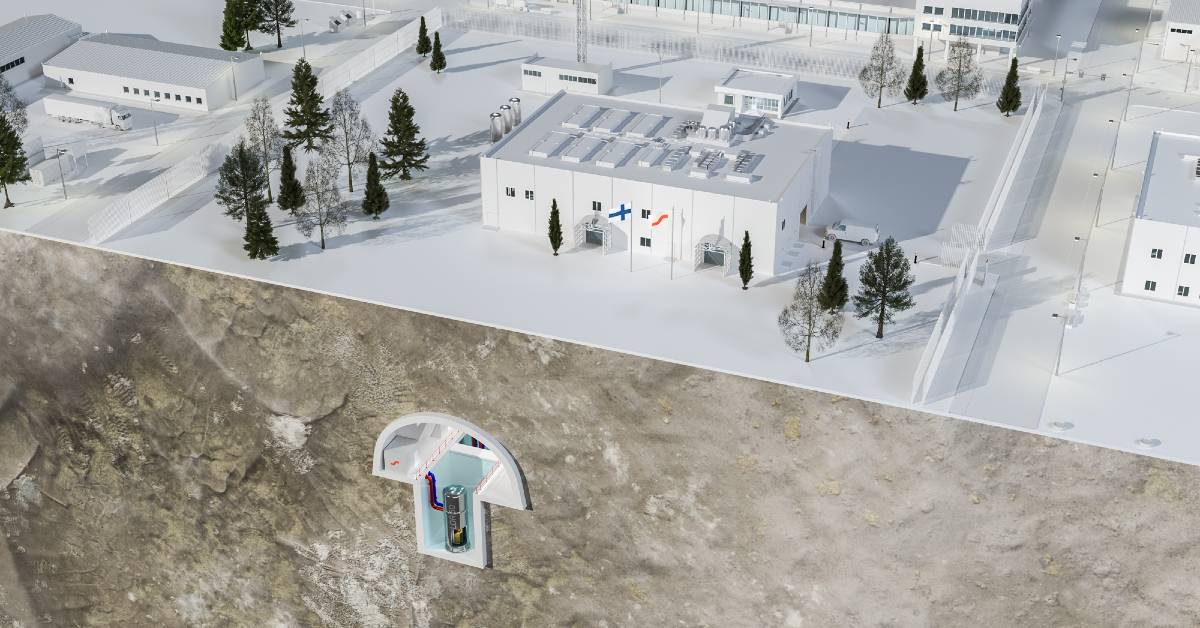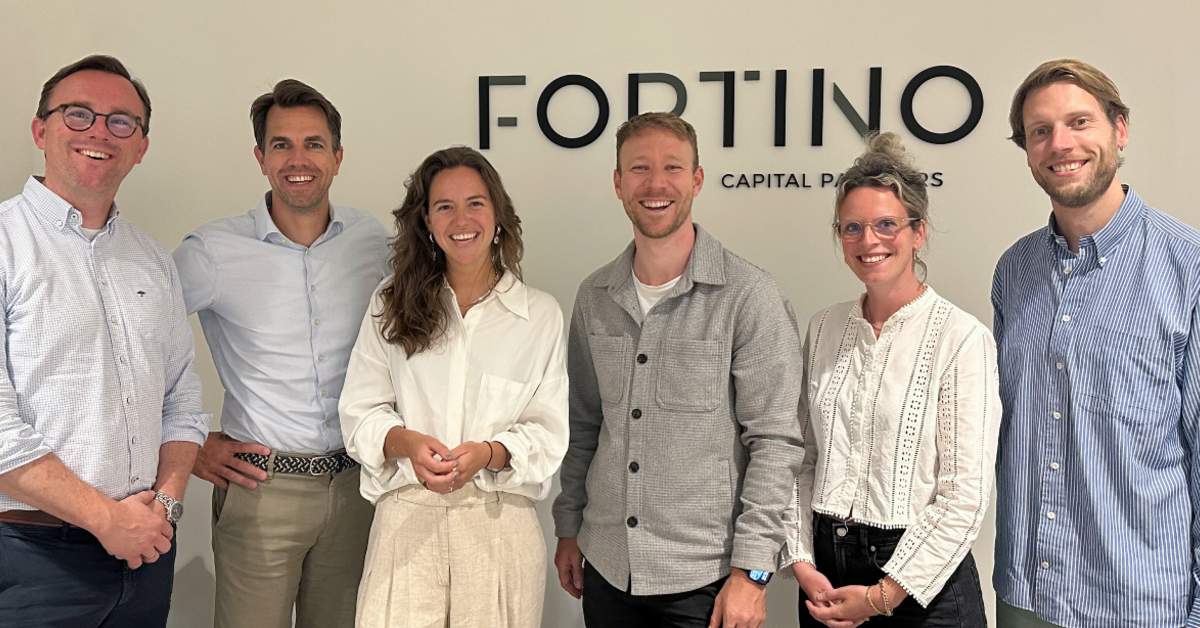Copenhagen Atomics, a Danish company developing mass-manufacturable molten salt reactors (MSR), announced that it has raised €20M in a fresh round of funding to accelerate the development of thorium molten salt reactors.
Thomas Jam Pedersen, co-founder of Copenhagen Atomics, says, “This funding will accelerate our technology development and support our roadmap towards commercial reactors online in 2028. Copenhagen Atomics has continued to focus on developing thorium reactors for mass manufacturing and very-low cost of energy.”
Mission to mass manufacturing thorium reactors
Founded in 2014 by Thomas Jam Pedersen, Copenhagen Atomics claims it is developing a scalable green technology that can cater to the world’s increased energy consumption at a low cost. The company develops and constructs a modular thorium molten salt reactor which enables low-cost mass production.
Aslak Stubsgaard, CTO at Copenhagen Atomics, says, “Since energy prices are highly correlated with almost any product and MSRs will become the absolute cheapest possible method of producing energy, thorium molten salt reactors will be the most deflationary technology humanity has ever seen.”
According to the Danish company, the statistically safest method of generating energy is nuclear energy. “We believe that Copenhagen Atomics waste burners alone will provide more energy in the next 30 years than the wind and solar industry did in the last 30 years.”
Currently, Copenhagen Atomics claims to be the only supplier of commercial molten salt test loops needed for the development of components and technologies for MSRs. It aims to commercialise these reactors before 2030.
Accelerate reactor development
Copenhagen Atomics’ thorium-based MSR is a 40-foot shipping container (“Waste Burner”) capable of delivering 100 MWth expected to bring the total Levelised Cost of Energy (LCOE) below $20/MWh in a mass manufacturing scenario.
The Waste Burner will run on a combination of thorium and used nuclear fuel, reducing the storage period of the existing nuclear waste from 100,000 to 300 years. “We are in the process of building a non-fission prototype for the 1 MWth demo reactor, which will validate the reactor design using a non-nuclear fuel salt. We expect to have an operational 1 MWth demo reactor ready by 2025,” says the company.










01
From telecom veteran to Dutch Startup Visa success: The Jignesh Dave story